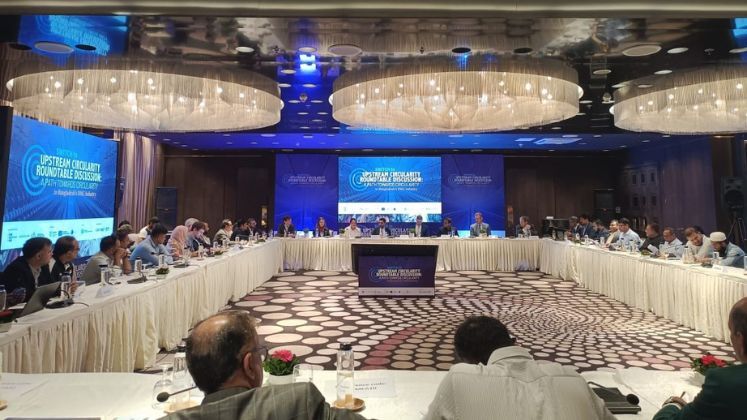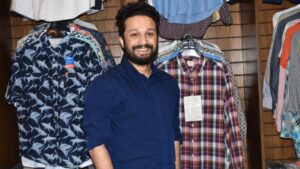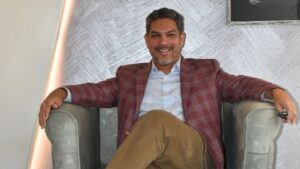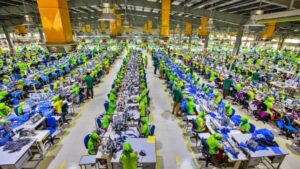
As part of the SWITCH2CE Project, Bangladesh, the second-largest exporter of clothing worldwide, is working to address the problem of pre-consumer waste and improve its recycling capabilities. The goal of this project, which is a partnership between the European Union (EU), the United Nations Industrial Development Organisation (UNIDO), and the Bangladesh Garment Manufacturers and Exporters Association (BGMEA), is to accelerate the country’s clothing industry’s shift to a circular economy.
Industry participants and policymakers gathered at the SWITCH to Upstream Circularity Roundtable: Path Towards Circularity roundtable in Bangladesh’s RMG Industry to evaluate advancements and delineate tactics for cultivating a circular textile ecosystem. Formalising waste recycling procedures and moving Jhut (pre-consumer trash) from unstructured to structured models were the main topics of debate.
The necessity of a national waste management and sustainability strategy was underlined by keynote speakers, such as Dr. Bernd Spanier from the EU Delegation to Bangladesh and Md. Abdur Rahim Khan from the Ministry of Commerce. According to Dr. Bernd Spanier, Bangladesh’s apparel industry must embrace circular production techniques within the next five years.
UNIDO’s Mark Draeck emphasised the project’s dedication to supporting sustainable innovation in industries. Co-funded by the Finnish government and the European Union, SWITCH2CE seeks to apply circular economy principles to a number of global value chains, including the textile and apparel industries.






